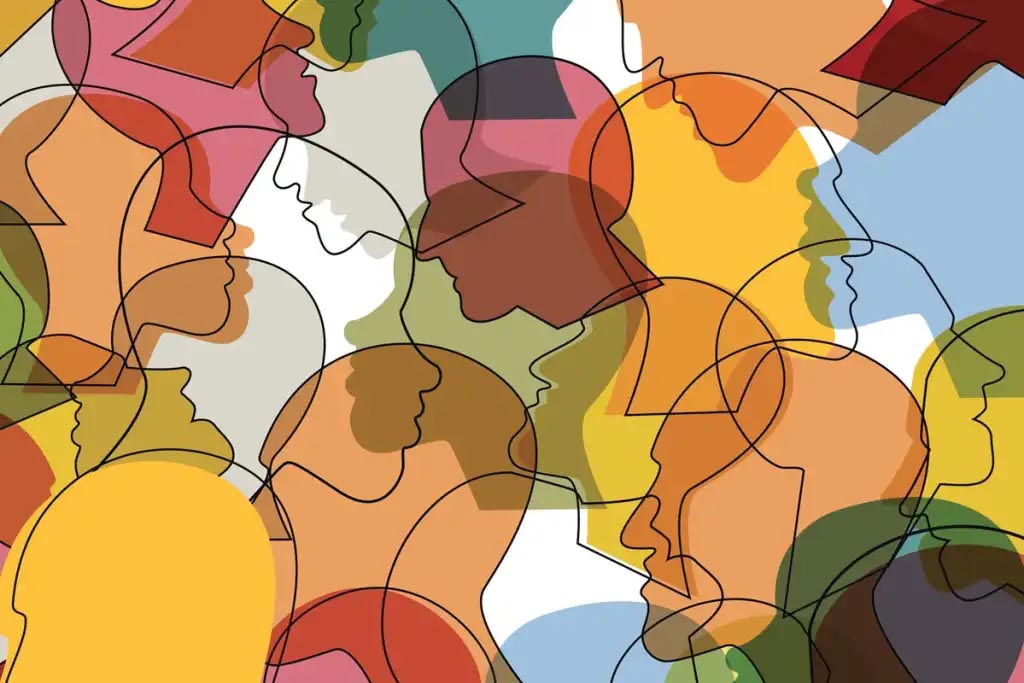Vučić’s influence over political gravity on the quantum vacuum of Serbia’s multiparty system could, in the best-case scenario, redefine and strengthen the politics of the centre in Serbia, even if that would be forced and fake
On the morning of the day Russia invaded Ukraine – 24th February, 2022 – I was filming in Novi Sad for my TV show Pressia, and afterwards I went for coffee with the show’s guests. And back then many people were convinced, like one of my guests, in the success of Putin’s blitzkrieg. The other guest of my show wasn’t. He believed in Ukraine and opposed Putin’s autocracy, and he wasn’t particularly fascinated by Vučić. And his stance remains the same a year on. But that guest who was hoping for Putin’s swift blitzkrieg success on that 24th February was aggressively in favour of Vučić, while today – a year on – he remains an enthusiastic supporter of Putin, but in the meantime has publicly become quite sceptical of Vučić. In the sense that Vućić will reach agreement with the West over Kosovo, despite Serbian interests. He is actually implicitly critical of Vučić for being willing to thereby distance himself from Putin.
Judging by the mood of my two guests, Serbia has spent the past year subtly and gradually distancing itself from Russia, despite Vučić having not imposed sanctions on Moscow. And even if that is the case, a problem that remains for the opposition is that those two guests of mine with their opposing views on the war in Ukraine (but both conditionally opposed to Vučić), lack the synergy required to forge an alliance against Vučić. When we raise the issue of synergy to a higher level, it would be tough to expect the anti-Vučić, pro-Putin Right and the liberal, pro-Western opposition to be able to form a functional alliance to oppose Vučić. This is in stark contrast to the 1990s, when it was possible for the right and civic Serbia to form an alliance against Milošević because the right-wing opposition was pro-Western. A pro-Western right is today the commodity in shortest supply on the Serbian political market. And that space can only be filled by Vučić, if he wants or must. It seems somewhat tragicomic when Serbian supporters of the cult of Vladimir Putin attack Vučić for trampling all over democracy, just as liberals and leftists in Serbia who criticise the West and NATO can only serve as Putin’s useful idiots.
Vučić’s influence over political gravity on the quantum vacuum of Serbia’s multiparty system could, in the best-case scenario, redefine and strengthen the politics of the centre in Serbia, even if that would be forced and fake
Despite having improved his rating with the creating of the cult of Putin, today Vučić has no need of his image as “little Putin” because that suggests he holds a puppet position and opens up Vučić’s “soft underbelly” of the Serbia of the ‘90s, which is used by Albin Kurti in particular. However, emancipating Vučić from Putin is a demanding job, even for a technician of government and public opinion like the Serbian president. And that would be the most important loyalty test for the members of Vučić’s Serbian Progressive Party. That’s because, according to Demostat’s research, introducing sanctions against Russia would likely lead to even larger demonstrations against Vučić than any Vučić action implying his acceptance of the West’s plan for Kosovo.
The turbulent parliamentary session on Kosovo and the demonstrations of the right held on Serbian Statehood Day additionally shifted the political panorama and atmosphere. And the question of the pro-Western part of the opposition that must become inclusive for SNS is whether Vučić still sees Serbia in the West. Would another pro-Russian election campaign by Dačić be convincing? Despite media brutally warning Dačić and his Socialist Party of Serbia that they aren’t sufficiently loyal, and the stoic response to their helplessness, it is hard to imagine a new Vučić coalition and a pro-Western partner for SNS if SPS is no longer there. Because there would be no unity whatsoever without them.
Vučić’s influence over political gravity on the quantum vacuum of Serbia’s multiparty system could, in the best-case scenario, redefine and strengthen the politics of the centre in Serbia, even if that would be forced and fake. If elections are held in Serbia this year, that certainly won’t only be Belgrade local elections, as Vučić promised Đilas. And even if they were only local Belgrade elections, there would still be more election talk about the imposing of sanctions against Russia and the situation regarding Kosovo than about the relocating of the city’s zoo.v
